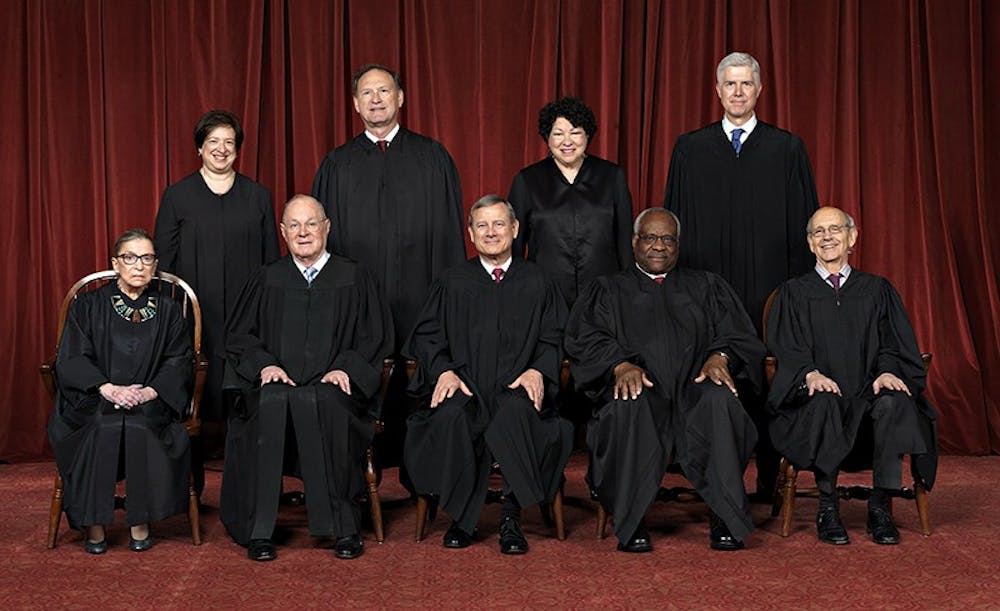North Carolina won’t have to redraw congressional district lines before the 2020 elections following a Supreme Court decision delivered Thursday morning.
In the 5-4 decision, the Supreme Court ruled they cannot judge partisan gerrymandering, overturning a lower court ruling that the North Carolina Republican-lead legislature’s drawing of some U.S. House of Representative districts is unconstitutional. The district lines were drawn to increase the weight of Republican voters and decrease that of Democratic voters.
The court also considered a case of gerrymandering in Maryland, which has a democratic majority in the House, in the same decision.
Racial gerrymandering, which is different than partisan gerrymandering, is still considered unconstitutional.
In the court’s majority opinion, Chief Justice John Roberts wrote that the handling of challenges to partisan gerrymandering should be left up to state legislatures or Congress.
“What the appellees and dissent seek is an unprecedented expansion of judicial power,” Roberts said.
The court was divided along ideological lines, with the five conservative-leaning judges in the majority. Justices Clarence Thomas, Samuel Alito, Niel Gorsuch, Brett Kavanaugh joined Roberts in the opinion of the court while Justices Ruth Bader Ginsburg, Stephen Breyer and Sonia Sotomayor joined Justice Elena Kagan in the dissenting opinion.
“The practices challenged in these cases imperil our system of government,” Kagan said. “Part of the court’s role in that system is to defend its foundations. None is more important than free and fair elections.”
The decision drew mixed responses from North Carolina politicians.




